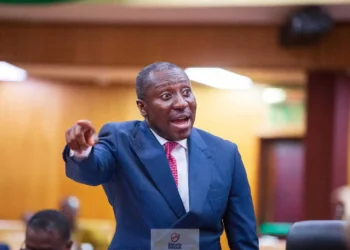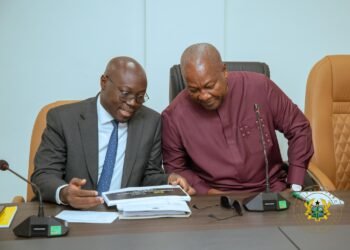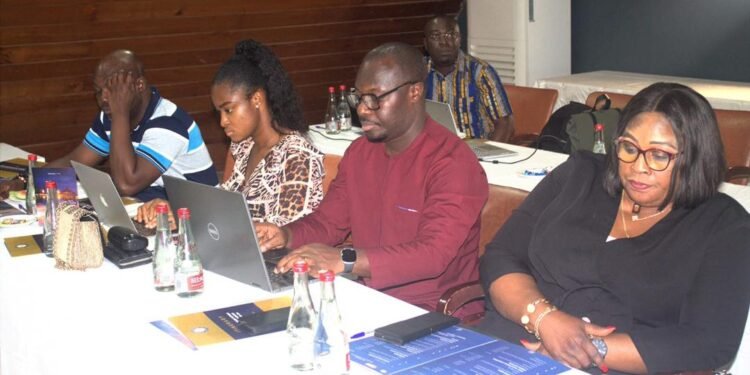The debate over internal party democracy has taken center stage as concerns mount about the escalating cost of participating in political leadership.
Legal scholar and governance advocate, Prof. Stephen Kwaku Asare, raised serious questions about the democratic health of the New Patriotic Party (NPP) following its announcement of a steep financial requirement for aspiring presidential candidates.
Under the new directive, candidates must pay GH¢600,000 in total: GH¢100,000 for nomination forms, GH¢500,000 to file, and an additional “development fee” left to the discretion of the party’s National Council.
This sum, observers argue, is not just prohibitive but potentially distorting Ghana’s political process at its roots.
“This is not just a pricing issue. It is, at the risk of Yaanom mercilessly insulting me again, a democratic crisis in slow motion. The Constitution (Article 55(5)) requires political parties to be organized in accordance with democratic principles. Internal democracy is not optional; it is foundational.”
Prof. Stephen Kwaku Asare
He explained that setting such high monetary thresholds effectively blocks capable but less affluent individuals from competing.
Rather than promoting meritocracy, this framework privileges wealth and entrenches power among the elite.
According to him, “Any party that imposes arbitrary financial barriers on participation undermines this constitutional command.”
To illustrate the disparity, Prof. Asare compared the NPP’s internal filing fees to national election benchmarks. During the 2020 general elections, the Electoral Commission charged presidential candidates GH¢100,000 to contest the entire national race.
The NPP, by contrast, is now asking six times that amount for what is essentially an internal contest. He challenged this practice, questioning whether internal party democracy should cost more than democracy across the nation.
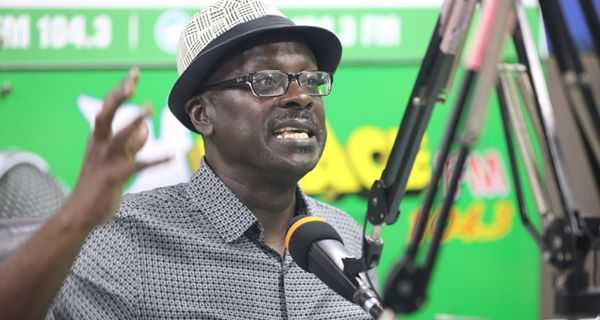
He warned that justifying the fees by suggesting that only serious candidates can raise such amounts is misguided. Instead, this reasoning may lead aspirants to seek questionable funding sources to meet the demand.
“Let us be clear: GH¢600,000 is not a test of merit, competence, or commitment. It is a test of wealth, patronage networks, or willingness to borrow from financiers—with all the moral hazards that entail.”
Prof. Stephen Kwaku Asare
Call For Political Finance Reforms
The broader consequence, according to Prof. Kwaku Asare, is the narrowing of the political playing field. Youth, women, reform-minded candidates, and professionals with integrity may be excluded from meaningful participation.
This not only weakens internal party democracy but also affects the future of national governance.
He noted that political office could become a tool for recouping personal investments, rather than a platform for public service.

“It narrows the field to the ultra-wealthy, entrenches incumbents, sidelines youth, women, and reformers, and creates a pipeline to transactional politics.
“It sends the message that one must first buy access before one earns trust. That is not democracy. That is a pay-to-play scheme dressed in party colors.”
Prof. Stephen Kwaku Asare
Prof. Asare also questioned the developmental justification often attached to such high fees.
While parties may argue that contributions are used to build party structures and fund activities, he countered that these goals should not override the imperative for inclusivity.
True party development, he asserted, cannot come at the expense of participation and fairness.
To safeguard democratic values, he advocated for a national conversation on political financing and party reforms.
Among his recommendations are capping nomination fees, abolishing discretionary development levies, and adopting alternative mechanisms such as refundable deposits or signature thresholds to vet candidates.
Call Mounts For EC To Uphold Internal Party Democracy
Prof. Asare also called for a stronger regulatory role by the Electoral Commission. As the constitutional body mandated to ensure that political parties comply with democratic norms, the Commission, in his view, must step in to set limits and enforce standards across the political spectrum.
According to Prof. Asare, it is no longer enough for parties to self-regulate in ways that allow access to leadership to become a function of wealth.
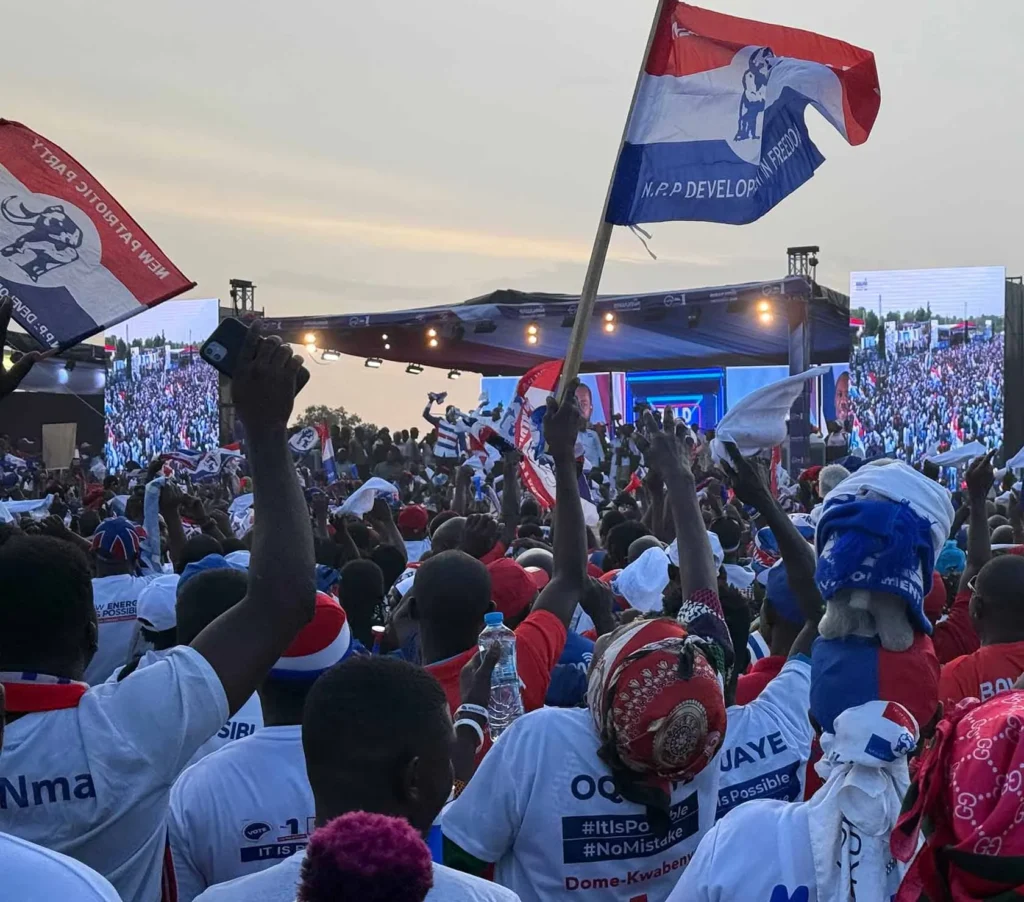
He emphasized that public service should not be commodified. “Democracy must not be sold to the highest bidder. The country deserves better, and so do the parties that claim to serve it.”
The current situation presents a pivotal moment for reflection. As the NPP and other parties gear up for internal elections, the spotlight will remain firmly on how they interpret and implement the principles of internal party democracy.
The choices made now could shape the country’s leadership landscape for years to come—either reinforcing the status quo or opening the door to more inclusive governance.
READ ALSO: Sudan Moves To End UN Rights Probe Mandate








